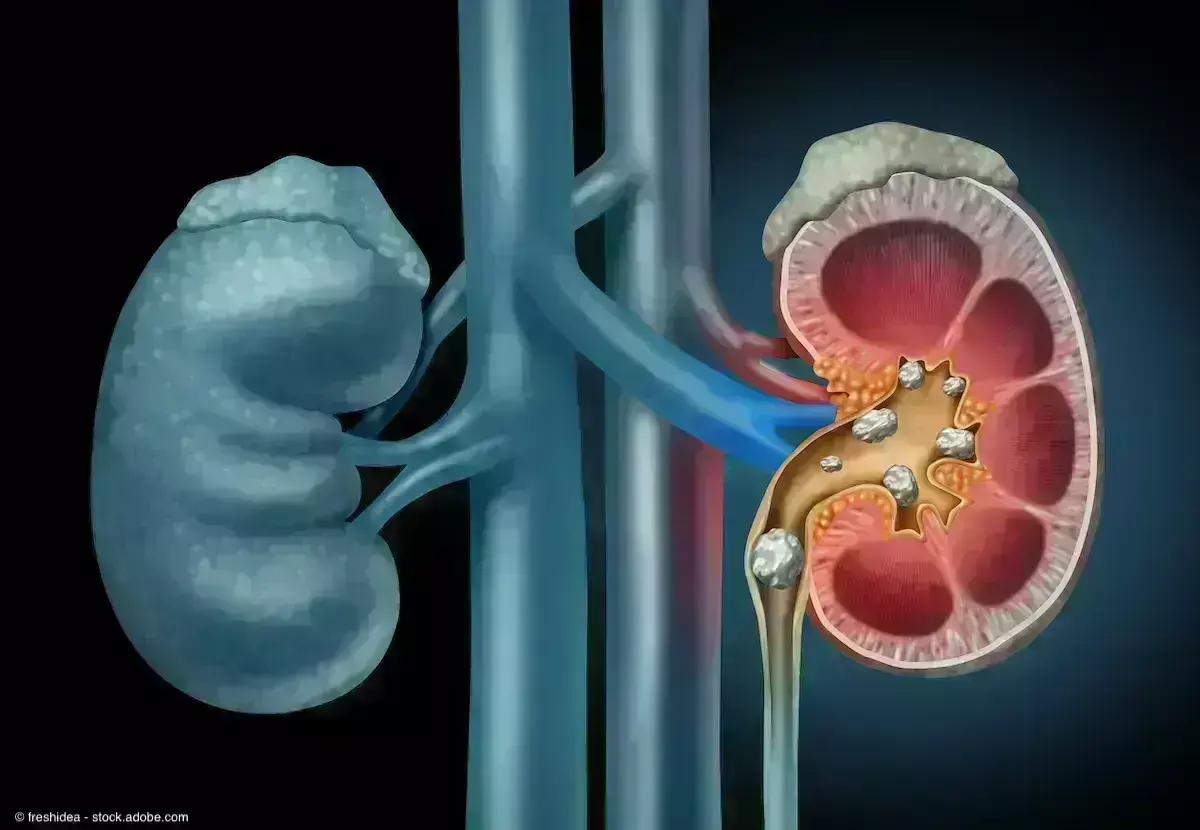- Home
- Medical news & Guidelines
- Anesthesiology
- Cardiology and CTVS
- Critical Care
- Dentistry
- Dermatology
- Diabetes and Endocrinology
- ENT
- Gastroenterology
- Medicine
- Nephrology
- Neurology
- Obstretics-Gynaecology
- Oncology
- Ophthalmology
- Orthopaedics
- Pediatrics-Neonatology
- Psychiatry
- Pulmonology
- Radiology
- Surgery
- Urology
- Laboratory Medicine
- Diet
- Nursing
- Paramedical
- Physiotherapy
- Health news
- Fact Check
- Bone Health Fact Check
- Brain Health Fact Check
- Cancer Related Fact Check
- Child Care Fact Check
- Dental and oral health fact check
- Diabetes and metabolic health fact check
- Diet and Nutrition Fact Check
- Eye and ENT Care Fact Check
- Fitness fact check
- Gut health fact check
- Heart health fact check
- Kidney health fact check
- Medical education fact check
- Men's health fact check
- Respiratory fact check
- Skin and hair care fact check
- Vaccine and Immunization fact check
- Women's health fact check
- AYUSH
- State News
- Andaman and Nicobar Islands
- Andhra Pradesh
- Arunachal Pradesh
- Assam
- Bihar
- Chandigarh
- Chattisgarh
- Dadra and Nagar Haveli
- Daman and Diu
- Delhi
- Goa
- Gujarat
- Haryana
- Himachal Pradesh
- Jammu & Kashmir
- Jharkhand
- Karnataka
- Kerala
- Ladakh
- Lakshadweep
- Madhya Pradesh
- Maharashtra
- Manipur
- Meghalaya
- Mizoram
- Nagaland
- Odisha
- Puducherry
- Punjab
- Rajasthan
- Sikkim
- Tamil Nadu
- Telangana
- Tripura
- Uttar Pradesh
- Uttrakhand
- West Bengal
- Medical Education
- Industry
Arterial Hypertension Significantly Prolongs Hospital Stay in Patients coming for emergency treatment of Ureteral calculi

Arterial Hypertension Significantly Prolongs Hospital Stay in Patients coming for emergency treatment of Ureteral calculi suggests a new study published in the International Urology and Nephrology.
A study was done to assess differences in the length of hospital stay (LOS) in patients who present emergently versus electively for a symptomatic ureteral stone and to explore underlying risk factors.
Billing data were analyzed from patients with symptomatic ureteral calculi at our department from 2010 to 2021. Statistical analysis (U test, logistic regression) was performed.
Results
2274 patients (72% male, 28% female) with ureteral stones were analyzed (mean age of 52.9y). 1578 patients (69.4%) presented in an emergency setting and 696 patients (30.6%) electively. Arterial hypertension was seen in 31%, diabetes mellitus in 11% and hyperuricemia in 5% of the whole cohort. 46.5% of emergency patients were desobstructed (DJ/PCN), 35.4% underwent emergency ureteroscopy (URS), 13.4% had spontaneous passage (SP), and 4.8% underwent emergency shock wave lithotripsy (SWL). Of the electively treated patients, 58.6% underwent URS, 21.3% SWL, 18.5% DJ/PCN, and 1.6% had SP. Emergency stone treatment was associated with a significantly longer LOS when compared to primary desobstruction for patients admitted emergently. Also, LOS was significantly longer for each intervention of stone treatment in emergency patients vs. electively treated patients. Arterial hypertension was associated with a 1.8-fold increased risk of a hospital stay longer than 3 days, irrespective of hospital admission mode, whereas metabolic disorders did not influence LOS in this cohort.
For emergency patients in contrast to the electively treated patients, the type of procedure had a significant impact on the length of hospital stay. Arterial hypertension is an independent significant risk factor for prolonged hospital stay.
Reference
Herout, R., Putz, J., Borkowetz, A. et al. Emergency treatment of symptomatic ureteral calculi: predictors of prolonged hospital stay. Int Urol Nephrol (2023).
https://doi.org/10.1007/s11255-023-03749-0
Keywords:
Arterial, Hypertension, Significantly, Prolongs, Hospital, Stay, Patients, coming, emergency, treatment, Ureteral calculi, International Urology and Nephrology
Dr. Shravani Dali has completed her BDS from Pravara institute of medical sciences, loni. Following which she extensively worked in the healthcare sector for 2+ years. She has been actively involved in writing blogs in field of health and wellness. Currently she is pursuing her Masters of public health-health administration from Tata institute of social sciences. She can be contacted at editorial@medicaldialogues.in.
Dr Kamal Kant Kohli-MBBS, DTCD- a chest specialist with more than 30 years of practice and a flair for writing clinical articles, Dr Kamal Kant Kohli joined Medical Dialogues as a Chief Editor of Medical News. Besides writing articles, as an editor, he proofreads and verifies all the medical content published on Medical Dialogues including those coming from journals, studies,medical conferences,guidelines etc. Email: drkohli@medicaldialogues.in. Contact no. 011-43720751


